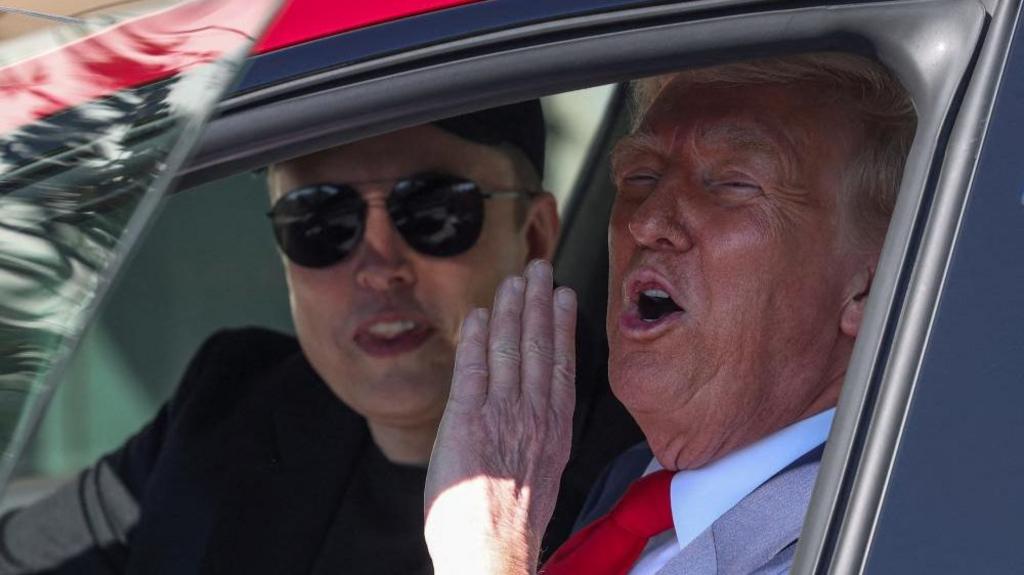It began with a petty jab. Donald Trump, visibly annoyed, mused about selling his Tesla. Elon Musk responded with scorn, accusing the former president of « ingratitude » and proclaiming, without irony, « Without me, Trump would have lost the election. » The exchange was equal parts absurd and revealing — a public spat between two of America’s most polarizing figures that lays bare a deeper truth: a crisis not just of ego, but of leadership.
For years, Musk and Trump embodied parallel strains of anti-establishment rage. One conquered Silicon Valley by breaking rules; the other bulldozed his way into politics by doing the same. Their alliance was unlikely, yet strangely coherent — a convergence of libertarian bravado, disdain for institutional authority, and an uncanny knack for commanding attention. But now, that alliance is fracturing.
From alliance to animosity
The signs had been multiplying. Musk, ever careful to cultivate his independence, began distancing himself from Trump’s political orbit during the lead-up to the 2024 election. Trump, never one to tolerate disloyalty, responded with veiled insults and open derision. The break became official when Musk, after reinstating Trump’s account on X (formerly Twitter), refused to endorse him and instead positioned himself as politically unaffiliated.
Now, each man accuses the other of betrayal. Musk, in his characteristic blend of arrogance and provocation, insists he made Trump relevant again. Trump, ever theatrical, paints Musk as an opportunist drunk on his own influence. The rupture is real — and telling.
Trump’s short-term loss
The immediate political cost falls squarely on Trump. X remains a crucial platform for the American right, and Musk’s persona appeals to a younger, tech-savvy, libertarian-leaning demographic that Trump has struggled to reach. Without Musk’s implicit backing, Trump loses both a megaphone and a symbol of innovation — two assets he badly needs in an increasingly digital campaign battlefield.
Moreover, Musk offered Trump a veneer of futurism — a rare bridge to the tech sector that has otherwise kept him at arm’s length. With that bridge burned, Trump risks appearing ever more isolated and out of touch.
Musk’s long-term risk
Still, Musk has his own vulnerabilities. By alienating Trump, he distances himself from a significant portion of X’s most engaged and loyal user base: the conservative, populist right. While Musk brands himself as a centrist contrarian, the balancing act may ultimately fail to satisfy either side.
Worse, there are tangible risks. Tesla and SpaceX — two crown jewels of Musk’s empire — remain deeply entwined with government contracts and federal oversight. Should Trump return to power or continue shaping the Republican landscape, Musk may find that political independence comes at a steep price.
A divorce with no winners
What began as a symbiotic relationship has devolved into a zero-sum game. In the short term, Trump appears the greater loser — deprived of a digital ally and a cultural amplifier. But Musk’s long-term gamble could prove just as costly, especially if he alienates the very base that fueled his rise.
Ultimately, this isn’t just a falling-out between two alpha egos. It’s a window into the shifting fault lines of American power. In the vacuum left by institutional erosion, figures like Musk and Trump rose by disrupting the old order. Now, even they seem unsure what to do with the influence they’ve amassed — or how to coexist within the system they claimed to reject.




